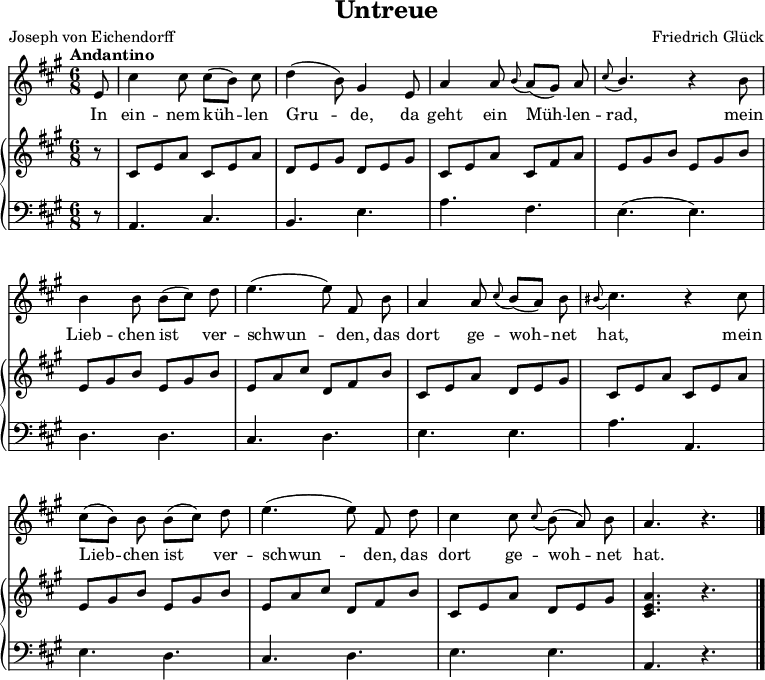
German literature comprises those literary texts written in the German language. This includes literature written in Germany, Austria, the German parts of Switzerland and Belgium, Liechtenstein, Luxembourg, South Tyrol in Italy and to a lesser extent works of the German diaspora. German literature of the modern period is mostly in Standard German, but there are some currents of literature influenced to a greater or lesser degree by dialects.

The Lorelei is a 132-metre-high (433 ft), steep slate rock on the right bank of the River Rhine in the Rhine Gorge at Sankt Goarshausen in Germany, part of the Upper Middle Rhine Valley UNESCO World Heritage Site. The 1930s Loreley Amphitheatre is on top of the rock.
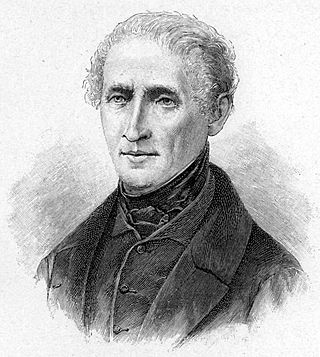
Joseph Freiherr von Eichendorff was a German poet, novelist, playwright, literary critic, translator, and anthologist. Eichendorff was one of the major writers and critics of Romanticism. Ever since their publication and up to the present day, some of his works have been very popular in German-speaking Europe.

Gustav Benjamin Schwab was a German writer, pastor and publisher.
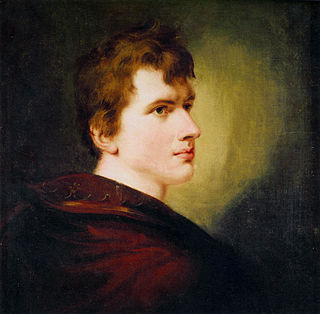
Carl Joachim Friedrich Ludwig von Arnim, better known as Achim von Arnim, was a German poet, novelist, and together with Clemens Brentano and Joseph von Eichendorff, a leading figure of German Romanticism.

The Walhalla is a hall of fame that honours laudable and distinguished people in German history – "politicians, sovereigns, scientists and artists of the German tongue"; thus the celebrities honoured are drawn from Greater Germany, a wider area than today's Germany, and even as far away as Britain in the case of several Anglo-Saxon figures. The hall is a neo-classical building above the Danube River, in Donaustauf, east of Regensburg in Bavaria, the exterior modelled on the Parthenon in Athens.
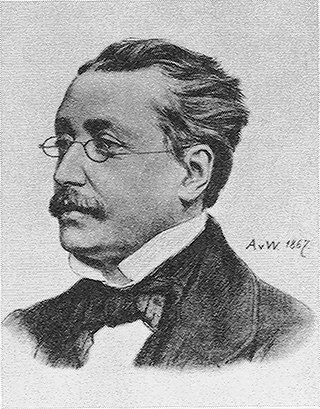
Joseph Victor von Scheffel was a German poet and novelist. His novel Ekkehard (1855) became one of the most popular German novels in the 19th century.

Georg Friedrich Puchta was a German Legal scholar.

Ferdinand August Otto Heinrich, Graf von Loeben was a German writer.
Karl Julius Marx was a German composer and music teacher.
Volkslied is a genre of popular songs in German which are traditionally sung. While many of them were first passed orally, several collections were published from the late 18th century. Later, some popular songs were also included in this classification.
Vaterlandslied is the name of several patriotic German poems. The most famous one is "Ich bin ein deutsches Mädchen" written by Friedrich Gottlieb Klopstock in 1770 and dedicated to Johanna Elisabeth von Winthem.

Nachruf ("Obituary"), WAB 81a, is a song composed by Anton Bruckner in 1877 in memory of Joseph Seiberl. The song is better known as its 1886 reissue as Trösterin Musik, WAB 81b.

Der Einsiedler Op. 144a, is a composition for baritone soloist, five-part choir and orchestra by Max Reger, written in 1915. The German text is a poem by Joseph von Eichendorff, beginning "Komm' Trost der Welt, du stille Nacht". The composition was published in 1916 after Reger's death by N. Simrock, combined with the Hebbel Requiem, as Zwei Gesänge für gemischten Chor mit Orchester, Op. 144.

Memoirs of a Good-for-Nothing is a novella by Joseph von Eichendorff. Completed in 1823, it was first printed in 1826. The work is regarded as a pinnacle of musical prose. Eichendorff created an open form with epic and lyrical elements, incorporating several poems and songs in the text. It was first published in English in 1866.

Anton Beer-Walbrunn was a German composer.

Walter Courvoisier was a Swiss composer.
Horst Irrgang was a German composer, conductor and musicologist.
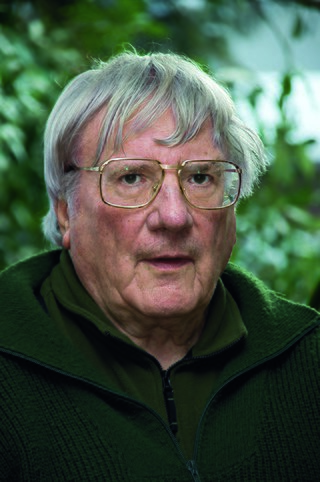
Alfred Koerppen was a German organist, music pedagogue, composer and academic teacher. He taught composition and music theory at the Hochschule für Musik und Theater Hannover from 1948 to 1991. His compositions focus on choral music with and without accompaniment, but he also wrote symphonies, chamber music and stage works.




